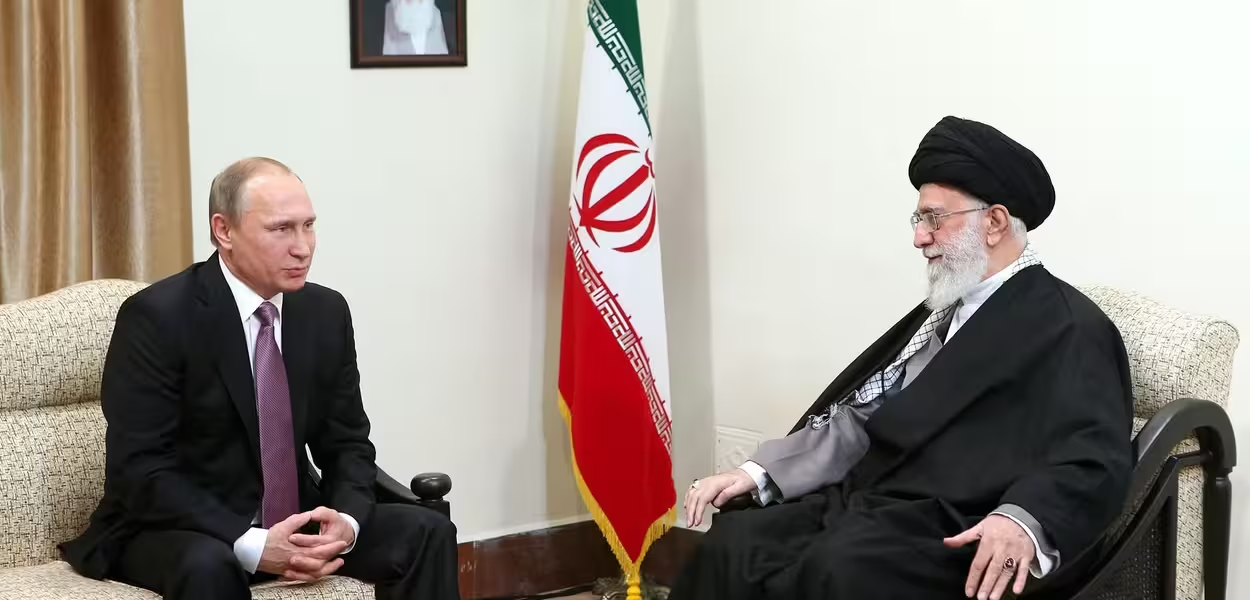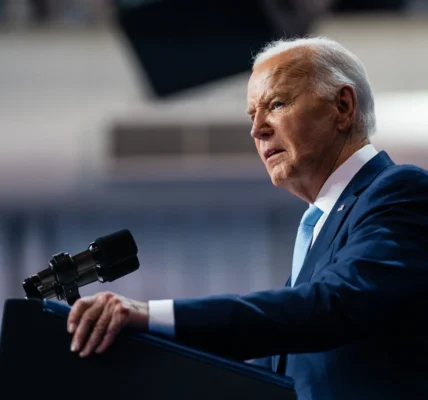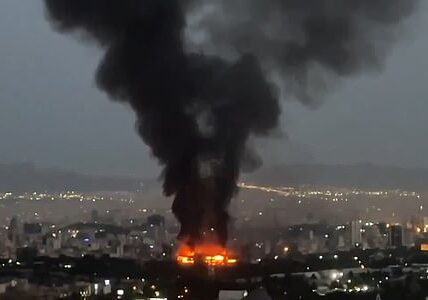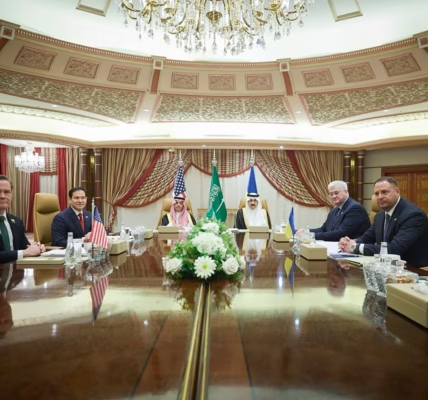MI5 chief: UK facing growing threat from Islamic State, Russia and Iran

Russia’s intelligence agency has been on a mission to generate “mayhem on British and European streets,” the head of MI5 has said.
MI5’s director general Ken McCallum also warned the UK faces the most “complex and interconnected” threat the organisation has ever seen.
The director general also said that there have been 20 Iran-backed plots in the UK since 2022.
He said the complex mix of terror-related threats and threats from nation states means that MI5 has “one hell of a job on its hands”.
He said Russia’s GRU military intelligence agency was engaged in “a sustained mission to generate mayhem on British and European streets”, noting that there had been arson and sabotage plots, also relying on criminal networks to carry out disruptive attacks because most or all of the country’s embassy-based spies had been kicked out.

Taken together, the number of MI5’s state-based investigations, including China as well as Russia, Iran and others, had shot up by 48 percent in the past year. Russian activity had stepped up again after a chaotic period after the invasion of Ukraine, when 750 diplomats had been expelled across Europe.
That meant, McCallum said, the spy agency was dealing with terror threats alongside “state-backed sabotage and assassination plots”.
A total of 43 late-stage attack plots on the UK have been foiled since 2017, he said, with some plotters trying to “get hold of firearms and explosives”.
Mr McCallum said the security service’s counter-terrorism work still mostly involved Islamic extremism, followed by “extreme right-wing terrorism”.
But he added there was a “dizzying range of beliefs and ideologies” MI5 had to deal with.
“The first 20 years of my career here were crammed full of terrorist threats. We now face those alongside state-backed assassination and sabotage plots, against the backdrop of a major European land war,” he said.
In a briefing at MI5’s counter-terrorism operations centre in London, Mr McCallum also expressed concern over the number of young people being drawn into online extremism.
He said about 13 per cent of those investigated for involvement in terrorism were under 18 – which was a threefold increase in the last three years.
Separately, McCallum outlined the wide-ranging threats the country faces, which have been exacerbated by the internet.
He said a high proportion of the threat was made up by “lone individuals indoctrinated online”.
“In dark corners of the internet, talk is cheap. Sorting the real plotters from armchair extremists is an exacting task,” he told reporters.
“Anonymous online connections are often inconsequential, but a minority lead to deadly, real work actions.”
He spoke of the difficulty the security service faces while dealing with “volatile, would-be terrorists with only a tenuous grip on ideologies”.
McCallum said the “worsening threat” from IS and to lesser extent al-Qaida was “the terrorist trend that concerns me most” and he noted that al-Qaida had “sought to capitalise on conflict in the Middle East” in its calls for violent action.
“Over the last month, more than a third of our top priority investigations have had some form of connection, of varying strengths, to organised overseas terrorist groups,” the head of MI5 said as he gave a threat update.
He said it was not the case that Israel’s ongoing war with Hamas in Gaza and Hezbollah in Lebanon had led directly to an increase in terrorist plotting in the UK, though he acknowledged there had been “rising public order, hate crime and community safety challenges” that police had had to deal with.
Terror threats tended to develop over a long period, he added. “The ripples from conflict in that region will not necessarily arrive at our shores in a straightforward fashion,” he said, but the UK terror threat remained unchanged at “substantial”, the third level on a five-point scale.


































































































































































































































































































